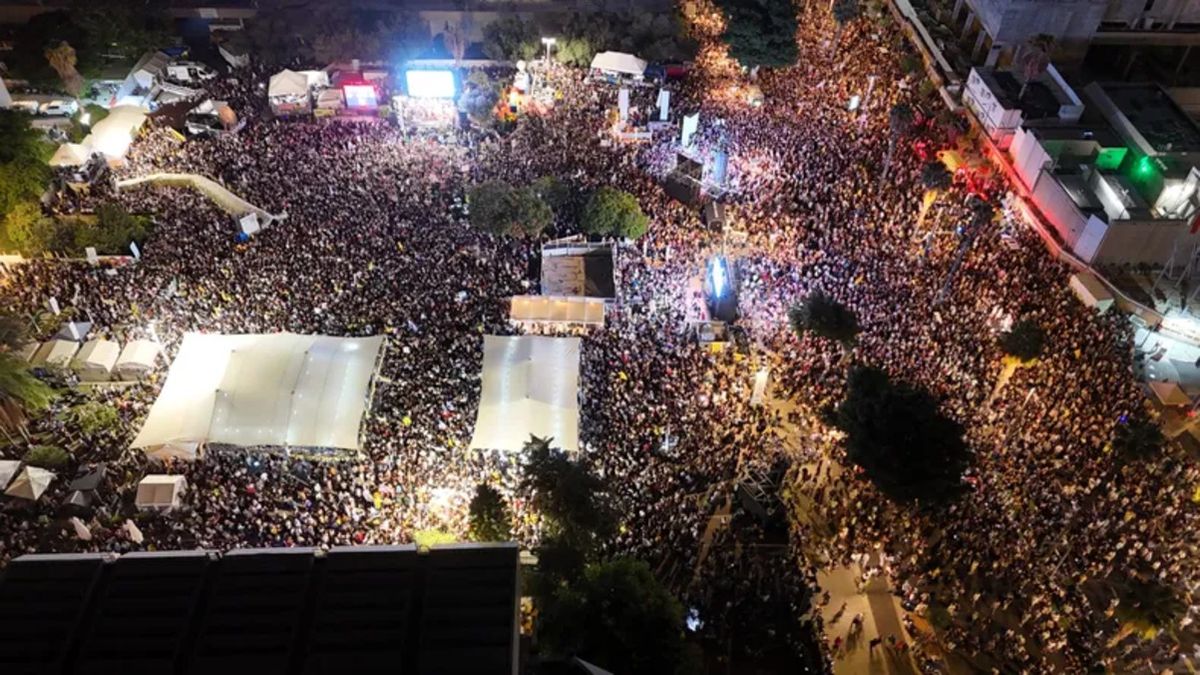Energy prices continue to climb. This also affects consumers directly. The industry is urging the government to act quickly.
The German Association of Energy and Water Industries (BDEW) expects energy prices to rise and has called on the traffic light coalition to provide comprehensive relief.
According to the BDEW, the most recent energy price increases are primarily market-related, but the price level is also due in particular to state intervention. This Wednesday, the leaders of the coalition of SPD, Greens and FDP could agree on the basics of a relief package.
According to the association, consumers, companies and energy suppliers have been confronted with rising prices on the wholesale energy markets in an “unprecedented way” since last year. For the energy suppliers, this means significantly higher costs for the procurement of energy. Most customers would have to reckon with rising energy costs sooner or later. “No serious energy supplier is taking advantage of the current situation to enrich itself at the expense of consumers.”
2.5 billion euros more sales tax
Taxes, levies and levies continue to determine an average of 40 percent of the household electricity price. At the same time, according to BDEW estimates, the state will collect around 2.5 billion euros in additional sales tax this year from the higher tariffs for electricity and gas alone.
Specifically, the association is calling for the EEG levy to be abolished via the electricity bill earlier than planned – although abolishing it during the year would involve a great deal of effort for the energy companies. Within the coalition, there is talk of abolishing the levy by the middle of the year and not at the beginning of 2023 as planned.
The BDEW is also in favor of lowering the electricity tax to the minimum permissible under European law. In addition, the state should return the VAT plus to consumers, for example through climate money. Low-income households should be given targeted support, as should energy-intensive companies.
Source: Stern
Jane Stock is a technology author, who has written for 24 Hours World. She writes about the latest in technology news and trends, and is always on the lookout for new and innovative ways to improve his audience’s experience.




